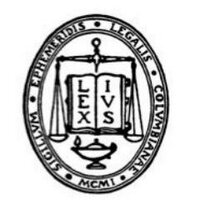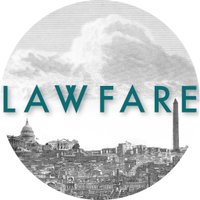
Kart Kandula
@kartkand
CS Ph.D. student @PrincetonCITP • @YaleLawSch grad
ID: 2316268950
http://kartikeyakandula.com 29-01-2014 00:45:26
444 Tweet
575 Followers
518 Following


Industry concentration can cost the typical American household $5,000 a year. Today, the U.S. Department of Justice and FTC released new proposed Merger Guidelines to make clear that we cannot accept bad mergers that lead to mass layoffs, higher prices, and fewer options for Americans.

Look who's on the cover! Sayash Kapoor (& me) along with so many AI luminaries. Richly deserved honor for a grad student and proof that scholarly and societal contributions needn't be at odds. Interview time.com/collection/tim… Newsletter that put us on the map aisnakeoil.com


William Eskridge (William Eskridge), Brian Slocum, and Kevin Tobia (@kevin_tobia) argue in “Textualism’s Defining Moment” that, even after committing to textualism, judges must make at least twelve subsequent choices, calling into question textualism’s rule-of-law value.


In response to FTC's letters, GlaxoSmithKline is withdrawing its patents on inhalers and Amneal is withdrawing its patents on an epinephrine product—making it easier for generics to enter and lower prices for Americans who depend on these key medicines. bloomberg.com/news/articles/…




Princeton’s Jonathan Mayer has taken a new role as the inaugural chief science and technology advisor and chief artificial intelligence officer at U.S. Department of Justice. bit.ly/49GOPDE

President Biden has been an extraordinary, history-making president — a leader who has fought hard for working people and delivered astonishing results for all Americans. He will go down in history as one of the most impactful and selfless presidents. Thank you, Joe Biden.

Should judges use LLMs like ChatGPT to determine the meaning of legal text? Whatever your answer, it’s already happening… Peter Henderson, Kart Kandula, Faiz Surani, and I explain why this is a dangerous idea in a recent article for Lawfare... 🧵 (1/10)


Justin Curl, Peter Henderson, Kart Kandula, and Faiz Surani warn that transfering influence to unaccountable private interests through the use of AI or large language models by judges to determine ordinary meaning represents a structural incompatibility with the judicial role.





